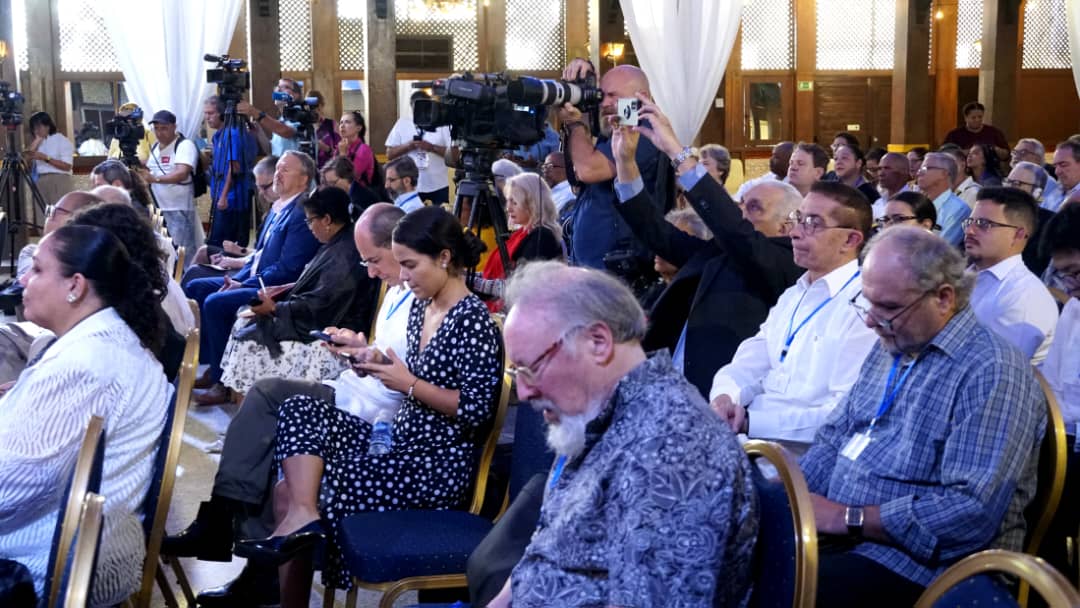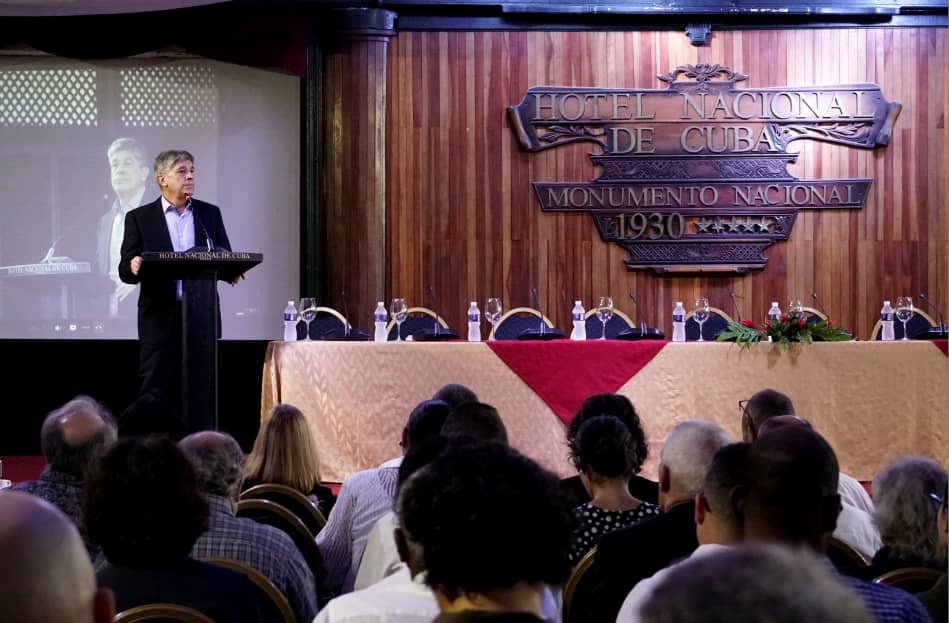
Previously, the Vice-Chancellor said that, in the face of the new presidential term that is approaching, the behavior of the Caribbean nation will continue to be consistent, when participating in the 21st edition of the series of conversations Cuba in the foreign policy of the United States of America.
He stressed that Cuba will not be the one to take the initiative to suspend dialogue, cooperation and discreet exchanges that exist on some sensitive issues.

Over the past decade, bilateral relations have been characterized, according to Fernández de Cossío, by four realities: Cuba fulfilled all its commitments, seeking progress, while the United States failed to fulfill practically all of its own.
He also noted that this short period was beneficial to both nations and had received support and congratulations from the majority of the population and neighbouring governments.
However, the vice-chancellor pointed out that, in the last eight years and throughout much of the history of diplomatic relations, aggression has defined bilateral ties, and made clear the existence of an aggressor country and an attacked country in the difficult relationship between Cuba and the United States.
He recalled that despite the continuation of the policy of maximum economic pressure, there are certain political differences in the behavior of the current government of the North American nation, that of Joe Biden, compared to the previous one, that of Donald Trump.
He noted that while there were some changes in various areas, the island's presence on the State Department's list of countries that allegedly sponsor terrorism remained.
Paradoxically, he added, “the United States has practiced terrorism, including state terrorism, against Cuba, as well as other parts of the world.”
Fernández de Cossío said that these are realities that cannot be ignored when “we try to approach the difficult coexistence between Cuba and the United States.”
He said there are areas that have demonstrated the usefulness of a civilized and respectful relationship, and that the Caribbean country, despite the hostility expressed, has been willing to guide and develop it.
At another point in his speech, the vice minister referred to the issue of Cuban medical cooperation and how the northern nation is trying to classify this activity as “human trafficking” when it is by no means such.
He stressed that despite the US government's objective of mercilessly harming the Caribbean nation, "what it will not be able to do is achieve the goal of bending the will of the Cubans, because it does not have the capacity to convince Cuba that abandoning and renouncing self-determination are viable options."
(Taken from Prensa Latina)

